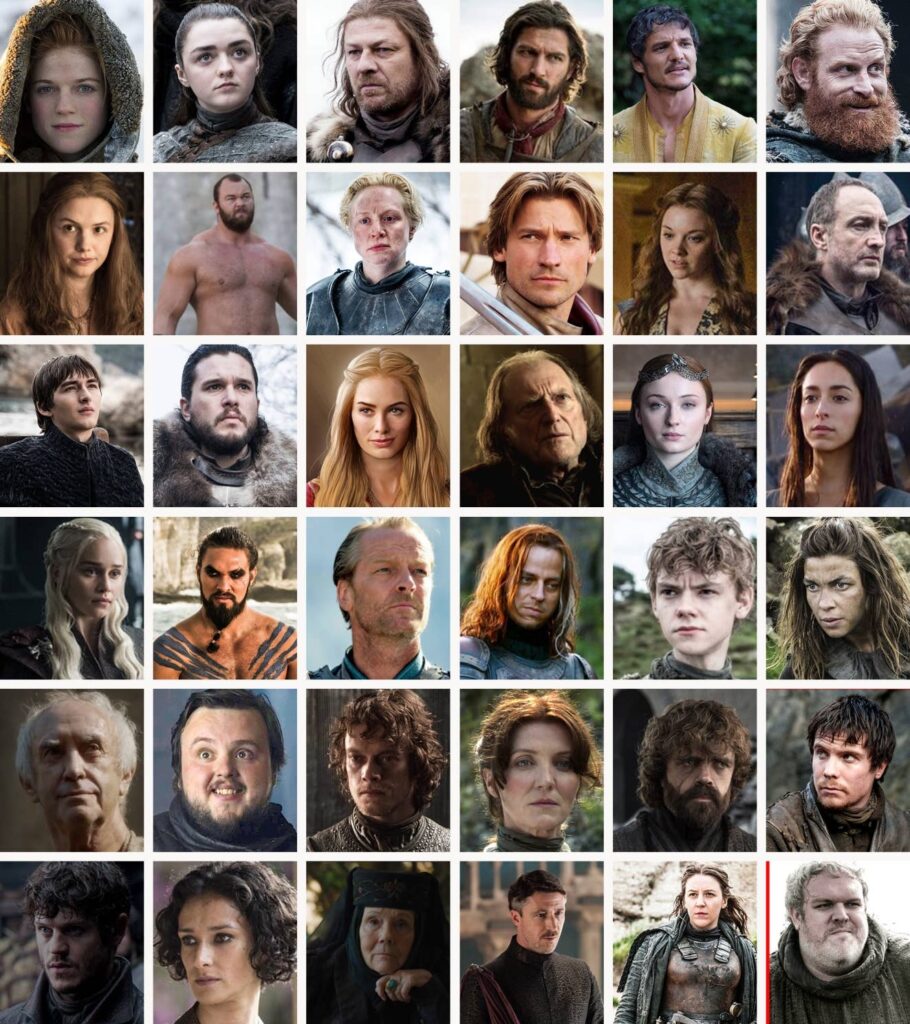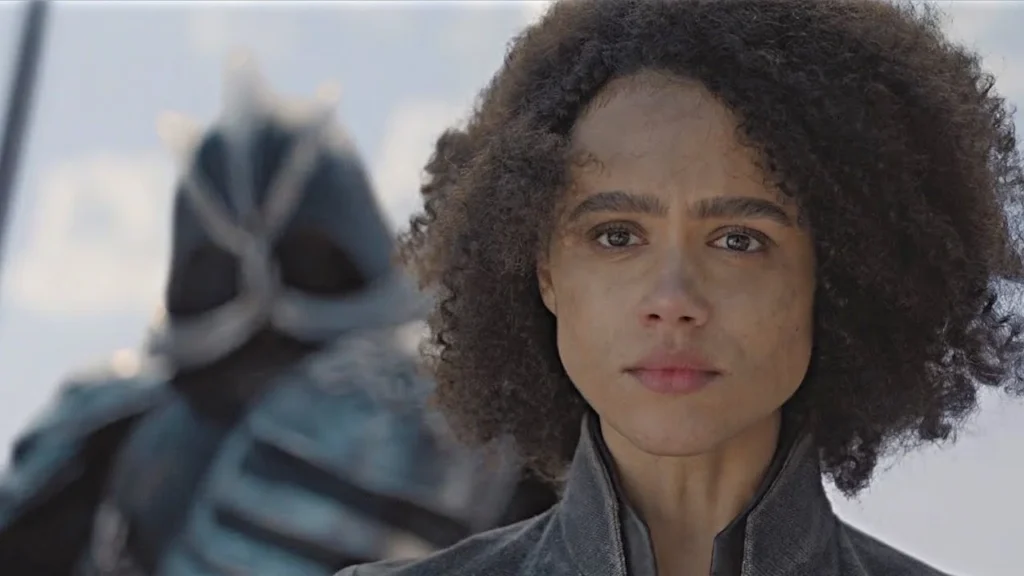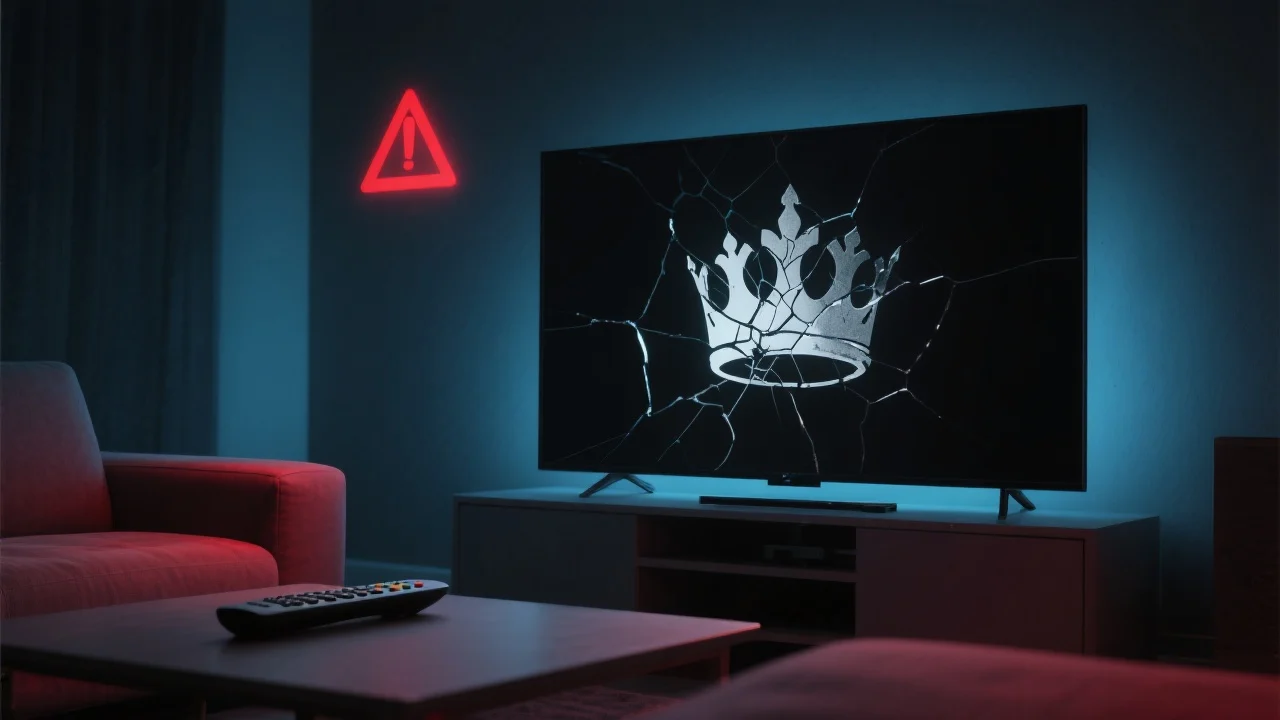Introduction
Game of Thrones changed television—encompassing bigger budgets, cinematic scope, and a cultural reach that few shows achieve. But “should you watch it?” depends on more than prestige. This guide explains clear, practical reasons you might choose to skip the series (or watch selectively). I’ll walk through storytelling, content, time, and cost, representation, and emotional impact—backed by reporting and reactions from critics, cast, and audiences—so you can decide whether it’s right for you.
Quick verdict
If you value consistent pacing and payoffs, prefer less graphic content, want thoughtful representation of marginalized groups, or dislike major fan backlash and spoiler-heavy communities, Game of Thrones may not be worth your time.
What this article covers
- Concrete reasons people choose not to watch
- Evidence and quotes from reporting and participants
- Alternatives and practical tips if you still want to sample the show
- FAQs to help you decide
Why some people advise against watching
1) Time and commitment

- Eight seasons, dozens of main characters, and dozens of densely plotted episodes mean a big time investment. If you’re not into long-form television, the payoff may not justify the hours.
- The show’s early structure rewards investment (slow build across seasons), but later seasons accelerate dramatically; many viewers felt the payoff didn’t match the time spent. See aggregated critical reaction for the final season’s mixed reception on Metacritic and episode-level criticisms on Rotten Tomatoes.
2) Graphic violence and sexual content

- Game of Thrones is explicit. If you avoid intense violence, sexual content, or scenes designed to shock, this series is not for you. Even many cast members and critics remarked on the show’s capacity to unsettle (a deliberate creative choice), and that intensity is not toned down in later seasons. This is a common cause of viewer discomfort.
3) Rushed endings and storytelling complaints
- The final season (season 8) divided audiences. Many long-time viewers criticized the pacing and character development, which they felt were rushed or unearned; this became a major public conversation, prompting petitions and widespread criticism. Critical summaries and audience scores reveal a clear divide; see the aggregate discussion on Metacritic and reporting on the backlash and creators’ responses (e.g., CBR).
- Showrunner David Benioff acknowledged the impossibility of pleasing everyone, saying, “It would’ve been great if 100 percent of people loved it, but they didn’t” (CBR summary of THR interview).
4) Problematic representation and diversity concerns

- The show has been criticized for how it handled women, people of color, and sensitive storylines (for example, choices around Missandei’s death sparked discussion about representation and narrative consequence). Several cast members publicly voiced mixed feelings about the final season and certain arcs—see reporting on actor reactions in TV Guide’s roundup and related coverage.
- If representation and ethical portrayal of marginalized characters are priorities for you, these critiques may be decisive.
5) Spoilers & cultural saturation
- Because Game of Thrones dominated popular culture for years, spoilers and online debates are everywhere. If you dislike being influenced by constant online debates or being spoiled, the show’s cultural presence can be a deterrent. The early seasons were easier to avoid spoilers; later seasons were subject to intense global conversation and leaks (see showrunners discussing security and leaks in Entertainment Weekly’s season-8 interview).
6) Emotional toll and moral ambiguity

- The series often treats grim events as part of its moral landscape: beloved characters die, betrayals are common, and the show rarely gives easy moral consolations. If you prefer lighter drama or stories with clear moral closure, this show may leave you drained.
7) Cost and access
- To watch the full series legally, you typically need an HBO subscription or purchase/streaming via licensed services—this is a real cost if you’re only mildly curious. Budget-conscious viewers may prefer to invest time and money in shorter, more self-contained shows.
Quick comparison table: Pros vs Cons
| Pros of watching | Cons of watching |
|---|---|
| High production values, cinematic scenes, strong early character work | Long time commitment; inconsistent later seasons |
| Complex characters and political intrigue | Graphic content and emotional heaviness |
| Cultural conversation and relevance | Divisive ending, large online spoiler/simmering debates |
| Great performances from many actors | Representation criticisms and some rushed character arcs |
If you’re still curious — practical viewing tips
- Watch the first season or first 6–10 episodes; early seasons showcase what made the show famous. Decide after a trial run.
- Consider curated episode lists (best episodes, character-focused arcs) instead of full bingeing.
- Use content warnings and parental guides before watching specific episodes (many episode guides list graphic content).
- If worried about spoilers, read spoiler-free summaries or pick a later spin-off (e.g., House of the Dragon) to sample the world without full commitment.
Alternatives (if you skip it)
- For epic fantasy with stronger critical consistency: The Wheel of Time, The Lord of the Rings: The Rings of Power (varied reception — check reviews).
- For political drama and moral ambiguity but less gore: The Sopranos, Succession.
- For shorter, tightly told fantasy: The Witcher (different tone), or limited-series fantasy anthologies.
Quotes from creators & cast (context)
- On pressure and endings: “There’s no, ‘Well, we’ll get it right next year.’ This is it.” — David Benioff, on final-season pressure (Entertainment Weekly interview) — https://ew.com/tv/2019/04/09/game-of-thrones-season-8-showrunners-interview/
- On fan reaction: Benioff: “You always hope everyone’s going to love anything you do and it would’ve been great if 100 percent of people loved it, but they didn’t.” — reported in [CBR][https://www.cbr.com/game-of-thrones-respond-season-8-backlash/].
FAQs to help you decide
Q: Is the entire series bad, or just the ending?
A: Most criticism centers on the final season’s pacing and conclusions; many viewers still value the early seasons for world-building and character work. It’s mixed—not uniformly bad, but uneven.
Q: I’m sensitive to violence—are there milder episodes?
A: Violence and sexual content appear throughout; some episodes are less explicit. Use episode guides and content warnings before watching. If sensitivity is high, this series may not be a good fit.
Q: Can I skip the show and read the books instead?
A: The novels (A Song of Ice and Fire) are deeper and more detailed. However, the books are also long, and the author (George R.R. Martin) has not completed later volumes, so that’s another long commitment with an unfinished ending.
Conclusion and final advice
Game of Thrones is a significant cultural phenomenon with undeniable strengths—ambitious production and numerous standout episodes. But it’s not for everyone. If you dislike graphic content, long-time commitments, rushed endings, or problematic representation, skipping the show is reasonable and defensible. If you’re curious but cautious, sample the early episodes or pick targeted arcs to see whether the tone and storytelling work for you.









